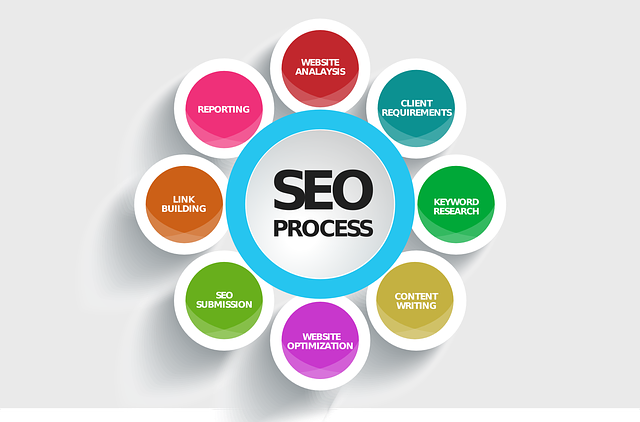Increase Your Website Rankings With These Top SEO Tips - Part 1

Today’s blog is going to dive into the search optimization tips to increase your website rankings and draw more attention to your practice. These can be a crucial driving force in whether or not you clinic is being effectively advertised online. Trying to force Google’s hand in your rankings can potentially lead to some detrimental effects. These “rules” (from 2015) stipulate how your website is being pushed to the top. So if a website jumps to the front, you better believe that Google will take a closer look with a more in depth algorithmic analysis of your website and maybe even a manual review.
The top rankings in Google are so valuable because this is where the majority of visitor clicks are accumulated. The number 1 spot will receive a substantially greater amount of traffic than the number 2 spot. But, if a link finds a home in a top spot within Google’s search engine without relevant content and quality links during a sufficient amount of time, Google will notice and raise a red flag on the site. This can result in the website being pushed back toward the 3rd or 4th page, happening immediately or sometimes months after the fact.
But how do you actually create a website that has excellent rankings within search engines? Furthermore, how do you do this without breaking the rules? There is a lot of information that will help guide you through such perils of the internet. We've boiled down the major recommendations you should follow in order to raise your SEO standing:
The first consideration deals with your website’s speed. Google has a site speed ranking algorithm, which makes this an important factor for any website that is looking to gain higher rankings through organic listings. There have been recent coding developments that will allow your website to be even more visually appealing while still loading the content quickly. If you’re clinic is hiring a web designer, make sure they are taking load time into major consideration during the build. A slow site will rank poorly.
Keep in mind, both people and robots notice your site's navigation. Users can immediately tell how the navigation feels when they enter your website. Search engines will also notice your site navigation this feature. Make sure your website has proper internal linking structures allowing for users to easily navigate pages while leading them toward the desired action on your site. Not only will this benefit your users, but it will provide search engines with a hierarchy of your site. For example, if you accept specific types of insurance, you might include the correct links to bring customers to the different insurance company websites that you accept. In addition, there should be fewer clicks to bring users to the homepage of your site.
Page titles and meta descriptions are important to factor into your SEO rankings. Each page on your website needs to be unique and with purpose. Your customer should understand the purpose, keyword, or message of each page by simply reading the page title. The meta description should ideally boost your click-through rates by providing a short summary on what the page is about. If you’re unsure on how to start this process, try searching your target keyword and read the ad copy on the term. It can help generate some ideas for your meta descriptions and page titles (but don’t copy them, obviously).
Images are an important step in the process of boosting your page. Having at least one keyword correlated with each image has been tied to better search rankings.You’ll find images on most any site, but it’s common for this step to be overlooked with images that aren’t optimized or effective. This means you should add alt text to any images on your website. It will help Google know what the image, page, and website is about.
Keywords are essential to positive rankings. You need to make sure you’re website houses the right keywords on your site that will generate the best rankings. Using third-party tools aren’t as effective because they won’t be personalized to your specific website. Your keywords should be based off of your real, private data. This is especially effective because the keyword list should be derived from the actual words real people have used to find your website. This also means those keywords will be relevant to your site.
Check out Wordstream for more information on their tools to help optimize your keyword rankings. They offer a FREE Keyword Research Suite to help improve your keyword rankings.
Attention to detail is crucial in building the structure and format of your website. These tips will help you create a solid foundation for a website that is geared toward optimal search rankings. The speed, navigation, page titles/content, linking structure, pictures, and descriptions are all important factors that shouldn’t be rushed during the creation of your site. Making sure these aspects are as effective as possible will set the stage for where your website is going to be placed within search engines. The next post will dive into some of the more detailed aspects of refining your initial keyword search.
















